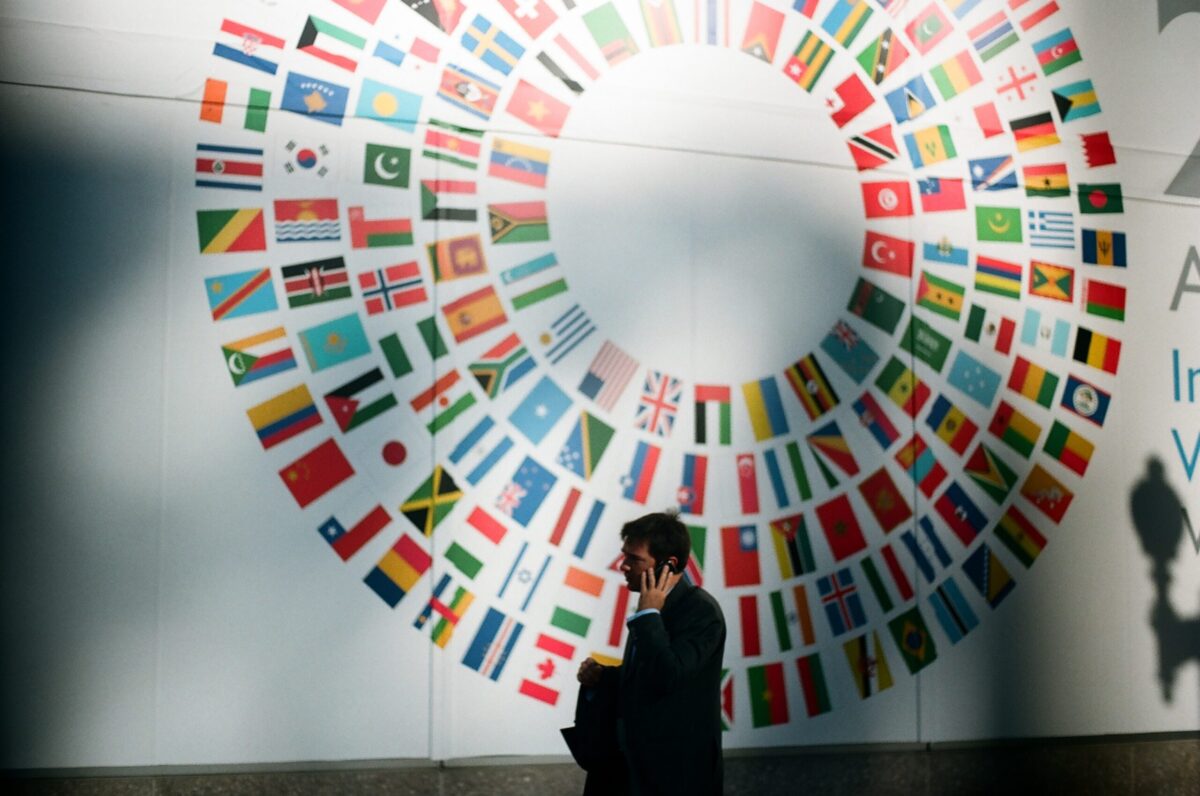Mário Centeno, the governor of Banco de Portugal, has spoken in support of global regulation for cryptocurrencies, highlighting the “extreme volatility” that comes with it. These opinions were shared in his opening remarks at the 2023 Banco de Portugal Financial Stability Conference yesterday, 2 October.
According to him, today’s financial landscape is evolving at an increasingly rapid pace. This is driven by continuous innovation, greater reliance on digital platforms, and the emergence of mixed-activity groups.
Centeno proclaimed that there is a need to regulate and supervise these global risks at an international level as doing it at the national level would not “suffice” and be “short-sighted”. He believes that national efforts to oversee crypto would not work well without a global framework.
There are some new entrants in the market that stand appealing as they come with the prospect of cheaper and more accessible financial services. However, there is also the “undeniable risk” that some of them might not be viable in the long run. Here, crypto-assets and decentralised finance (DeFi) “exemplify this risk”.
He added: “While proponents of crypto and DeFi talk about the democratisation of finance, it is not clear whether it will actually materialise, especially given the highly technical nature of this space.”
The governor then highlighted the extreme volatility associated with crypto-assets and DeFi markets. According to him, these volatile products experienced an enormous surge in popularity during the Covid-19 pandemic, but only proved to be unsustainable as it culminated in the collapse of several products.
However, it’s not clear whether these “highly volatile” products are here to stay, said Centeno. He then mentioned the regulatory efforts taken by the European Union (EU).
“In June this year, MiCA, the Markets in Crypto-Assets Regulation, entered into force. These uniform EU market rules represent the initial step toward regulating this market comprehensively.”
Even though the EU’s attempt at making a comprehensive set of crypto framework is commendable and is the need of the hour, Centeno also insisted on further international consolidation of regulatory efforts. In doing this, regulators will have to “strike a careful balance between bringing new players within the regulatory perimeter and avoiding stifling innovation”.
He added: “The principle of “same risk, same regulation” should guide these efforts. Whether effective supervision will be achieved through an entity-based approach, or an activity-based approach is still an open question.”
The governor ended the topic stressing on international cooperation and coordination in order to set up a robust framework and avoid the possibility of regulatory arbitrage. In doing so, he followed the same line of sentiment that was previously expressed by a top executive of the German Federal Financial Supervisory Authority (BaFin) last month. In a blog post, Rupert Schaefer had talked about the importance of unitary global regulation of the crypto industry.
This year’s Banco de Portugal Financial Stability Conference was dedicated to the overarching theme of “Financial stability: Why does economic policy coordination matter?”. In its fifth edition, the aim remained to provide a platform for policymakers, academics, and practitioners to engage in substantive discussions on key topics.
Apart from crypto-assets, DeFi and digitalisation, Centeno also covered topics touching monetary policy, fiscal policy, financial regulation and also climate change in his key speech.


